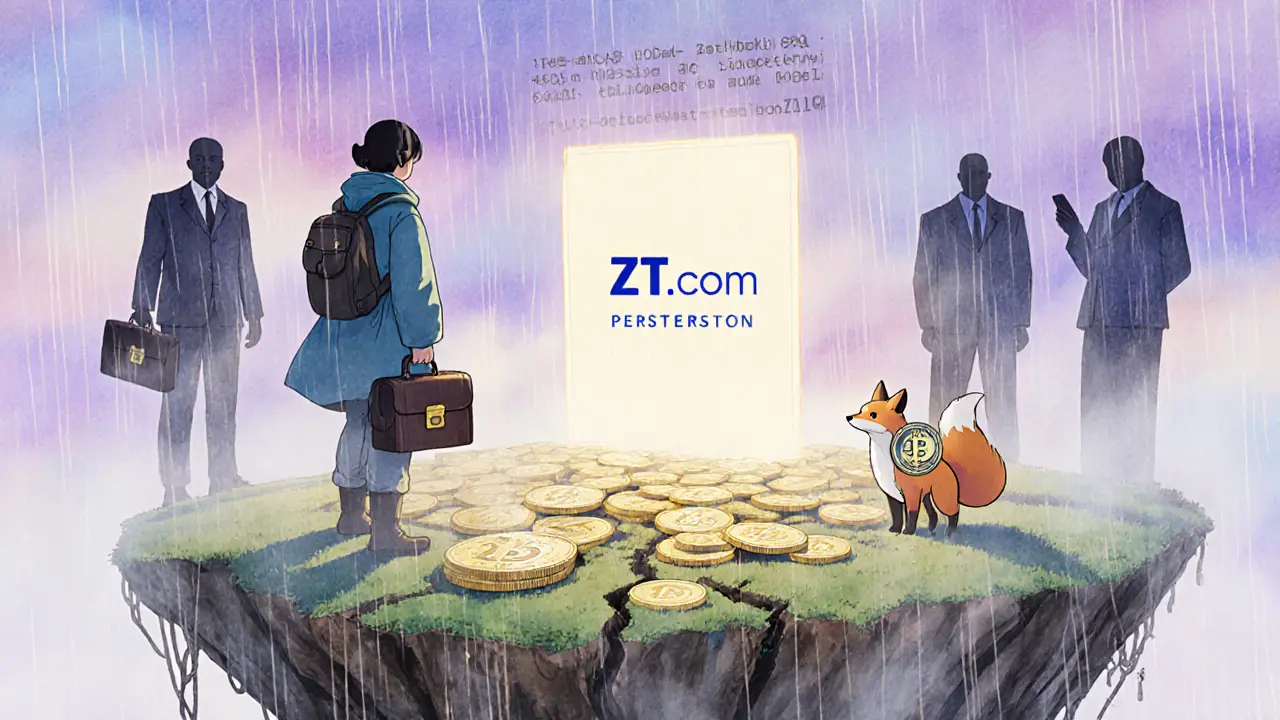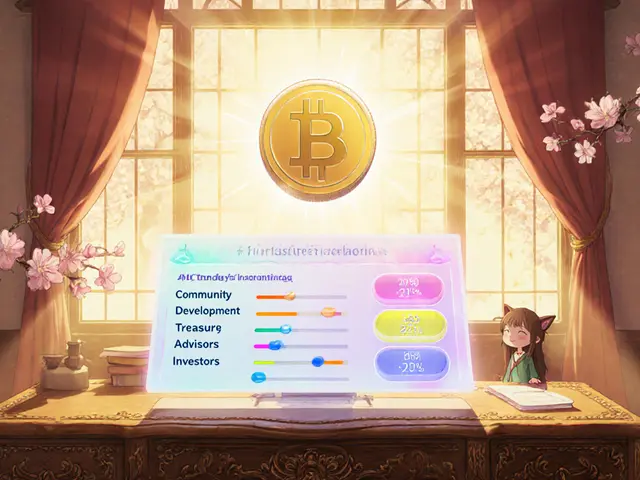ZT Trading Platform: What It Is, How It Works, and Why It Matters
When you hear ZT trading platform, a crypto trading platform that offers high-leverage derivatives and niche trading pairs. Also known as ZT Exchange, it's one of many platforms trying to stand out by targeting traders who want exotic markets like Bitcoin dominance futures or low-cap token perpetuals. But unlike big names like Binance or Bybit, ZT doesn’t have clear regulatory oversight, public audits, or deep liquidity. That’s not just a small risk—it’s the core of what makes it different.
Platforms like ZT often appear alongside other obscure exchanges you’ll find in our reviews: Scalpex, a derivatives exchange with thin order books and no transparency, or Shido DEX, a decentralized exchange with almost no trading volume. These aren’t mistakes—they’re part of a pattern. Many new trading platforms launch with flashy features, promise high returns, and vanish when the hype fades. ZT fits that mold. It’s not a scam by definition, but it’s built for traders who accept high risk, low support, and no safety net. If you’re using it, you’re not just trading crypto—you’re testing whether the platform will still be around next month.
What you’ll find in the posts below are real breakdowns of platforms like ZT. We don’t sugarcoat them. You’ll see how crypto exchange reviews, in-depth evaluations of security, fees, and user experience expose hidden dangers. We compare them to regulated platforms, check for red flags like fake volume, and ask: Who’s actually using this? Is it for serious traders, or just people chasing quick wins? The answer matters because your money isn’t just a number on a screen—it’s real, and once it’s gone, recovery is nearly impossible. These aren’t theoretical risks. They’re documented in the losses of users who trusted platforms that didn’t have the backbone to protect them.
ZT Crypto Exchange Review: Legit or Scam in 2025?
ZT Exchange offers high leverage and low fees but has widespread reports of unresponsive support, failed verifications, and hidden costs. Is it safe in 2025? This review breaks down the risks and alternatives.





